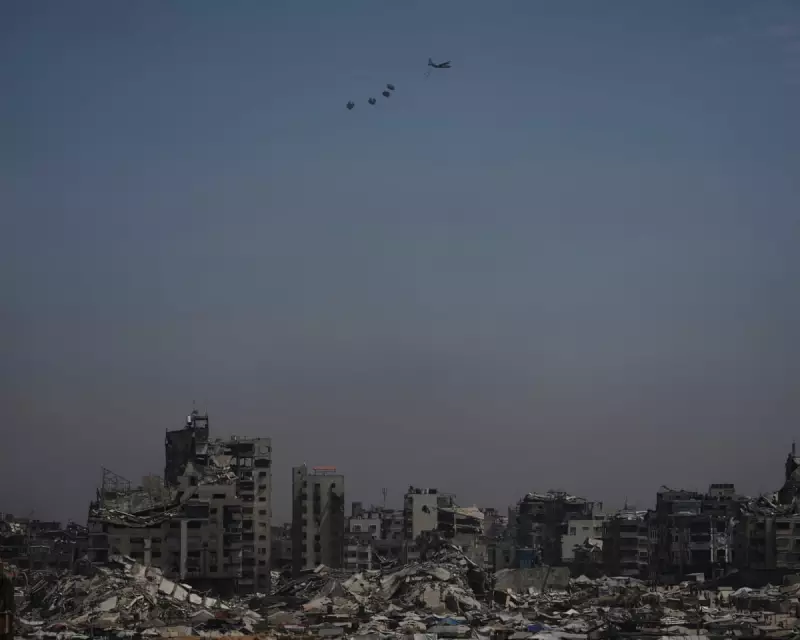
The humanitarian organisation Médecins Sans Frontières (MSF) has sharply criticised Israel’s recent airdrops of aid into Gaza, branding them as "futile" and insufficient to address the escalating crisis in the besieged territory.
As the conflict between Israel and Hamas continues, the situation in Gaza grows increasingly dire, with shortages of food, medical supplies, and clean water pushing civilians to the brink. MSF argues that airdrops are an inefficient method of aid delivery, failing to meet the urgent needs of Gaza’s population.
Why Airdrops Fall Short
According to MSF, airdrops are not only logistically challenging but also risk exacerbating chaos on the ground. "Dropping aid from the sky does little to alleviate suffering when what’s needed is safe, unimpeded access for humanitarian convoys," an MSF spokesperson stated.
The organisation has called for an immediate ceasefire and the opening of land routes to allow sustained aid deliveries. "Without consistent humanitarian corridors, the people of Gaza will continue to suffer needlessly," they added.
International Response
The international community has expressed growing concern over the humanitarian catastrophe unfolding in Gaza. Several nations have urged Israel to facilitate more effective aid distribution, but progress remains slow.
Meanwhile, Israeli officials defend the airdrops as a necessary measure amid ongoing security concerns. "We are doing everything possible to assist civilians while ensuring the safety of our operations," a military spokesperson said.
The Human Cost
With hospitals overwhelmed and malnutrition spreading, Gaza’s civilians are bearing the brunt of the conflict. Reports indicate that children are particularly vulnerable, with many facing severe health complications due to lack of medical care and proper nutrition.
MSF has reiterated its call for an immediate end to hostilities and unrestricted humanitarian access to prevent further loss of life.





